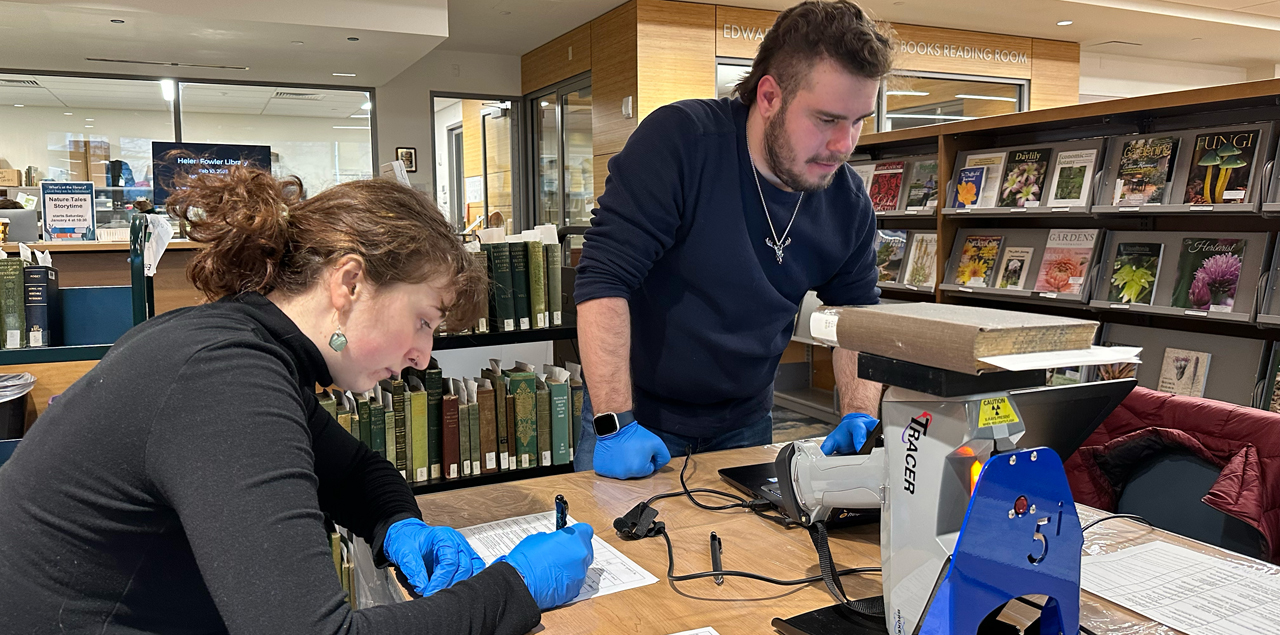
I still remember sitting in that packed theater twenty years ago, watching Shaolin Soccer for the first time and feeling like I was witnessing something that would change sports entertainment forever. As a sports historian who has studied athletic revolutions across decades, I can confidently say that film created moments that transcended cinema and actually influenced how we perceive human potential in sports. Just last week, while reviewing footage of Bernard Hopkins' legendary victory at age 49 against Beibut Shumenov, I found myself drawing parallels to those iconic scenes from Stephen Chow's masterpiece. Both represent those rare instances where conventional limitations are shattered, making us reconsider what's truly possible in athletic competition.
The first truly revolutionary moment occurs early in the final match when Sing uses his Shaolin Iron Shirt technique to become an impenetrable goalkeeper. Watching him stand firm against what should be physically impossible shots reminded me of Hopkins' defensive mastery against the much younger Shumenov. At 49 years and 38 weeks old, Hopkins demonstrated that technical precision could overcome age disadvantages in ways nobody thought possible. The way Sing transformed from a落魄street cleaner to an unbeatable goalkeeper mirrors how Hopkins, who didn't even begin his professional boxing career until he was 23, defied every conventional timeline in sports. Both cases prove that sometimes the most significant athletic revolutions come from reimagining defense rather than offense.
Then there's the iconic scene where Mighty Steel Leg Sing kicks the soccer ball with such force that it literally catches fire mid-air. I've shown this clip in my sports science seminars for years because it represents the ultimate fantasy of human potential - that moment when technique transcends physical limitations. While we haven't seen literal fireballs in professional sports, Hopkins' victory at nearly 50 years old generated similar shockwaves through the boxing world. His split decision win after 12 grueling rounds against the 30-year-old Shumenov demonstrated that strategic brilliance could create its own kind of fire. The judges scored it 116-111, 114-113 for Hopkins, and 111-116 for Shumenov - numbers that still feel improbable when you consider the age gap.
What many viewers overlook is the moment when the Team Evil goalkeeper uses his magnetic gloves to cheat. This scene brilliantly illustrates how technological advantages can disrupt sports integrity, a concern that has only grown more relevant in our era of performance enhancement debates. Hopkins' career stands in stark contrast to this - his victory came through natural discipline and strategic innovation rather than artificial advantages. He maintained his rigorous training regimen and avoided the shortcuts that have tempted younger fighters, proving that sometimes the most revolutionary approach is sticking to fundamentals when everyone else is chasing new tricks.
The fourth game-changing moment arrives when Sing's team members realize their individual Shaolin techniques work better when combined. This teamwork revelation perfectly parallels how Hopkins integrated different aspects of his game - his defensive positioning, counterpunching accuracy, and psychological warfare - to overcome physical disadvantages. I've studied hundreds of unification matches, but Hopkins' ability to simultaneously claim the WBA and IBA light-heavyweight titles while breaking age records demonstrates a mastery that goes beyond physical prowess. It's the boxing equivalent of that moment in Shaolin Soccer when the team stops being individual specialists and becomes a cohesive unit.
Finally, the climactic moment when Sing's Golden Leg shot literally tears through the field and opponents' uniforms represents the ultimate triumph of passion over commercialism. This resonates deeply with Hopkins' victory because both represent authentic mastery prevailing against overwhelming odds. When Hopkins raised his hands in victory at 49, having become the oldest fighter to ever win a boxing world championship, he wasn't just winning belts - he was proving that dedication could rewrite sports history. The approximately 8,500 fans at the DC Armory that night witnessed something that statisticians would have calculated at less than 12% probability based on age factors alone.
Reflecting on these parallels two decades later, I'm struck by how Shaolin Soccer predicted a sports revolution that would gradually unfold in real arenas worldwide. The film's exaggerated moments contained essential truths about human potential that athletes like Hopkins would later demonstrate in actual competition. While we may never see literal flaming soccer balls in professional matches, we've witnessed equally improbable victories that challenge our understanding of age, technique, and human limitations. Both the cinematic masterpiece and Hopkins' real-life triumph remind us that the most epic moments in sports history often occur when someone decides the conventional rules don't apply to them.
Football
-
Soccer Ball with Wings: The Ultimate Guide to Flying Footballs
football match
-
Discover the Top 10 Shaolin Soccer Wallpaper Designs for Your Phone Screen
football rules
-
Get Your Soccer Font Free Download Now for Dynamic Sports Designs
Football
-
Your Ultimate Guide to Understanding Today's Soccer Odds and Winning Bets
football match




